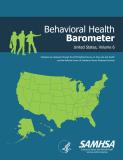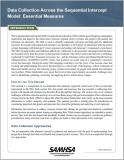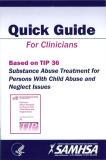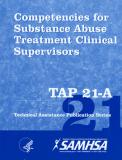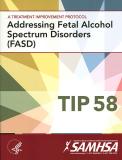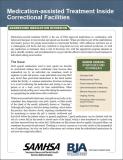
This action brief provides criminal justice stakeholders, correctional facility leadership, & correctional staff with helpful strategies & techniques to reduce diversion of MAT medications. The information for this brief was developed by a panel of correctional leaders & experts throughout the US.
Units per Product
Download
MAT Inside Correctional Facilities
File Type: PDF
File Size: 500 KB


